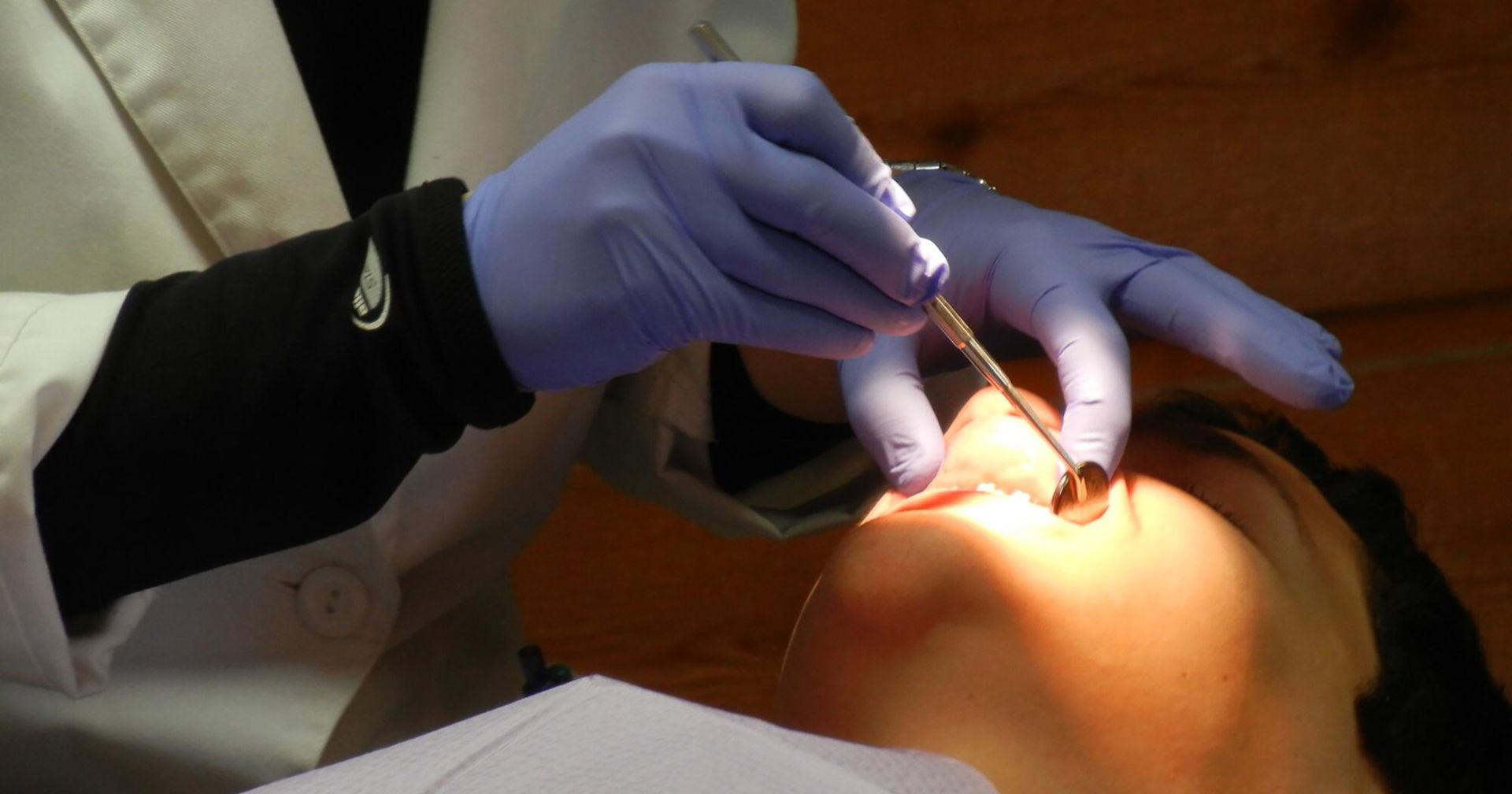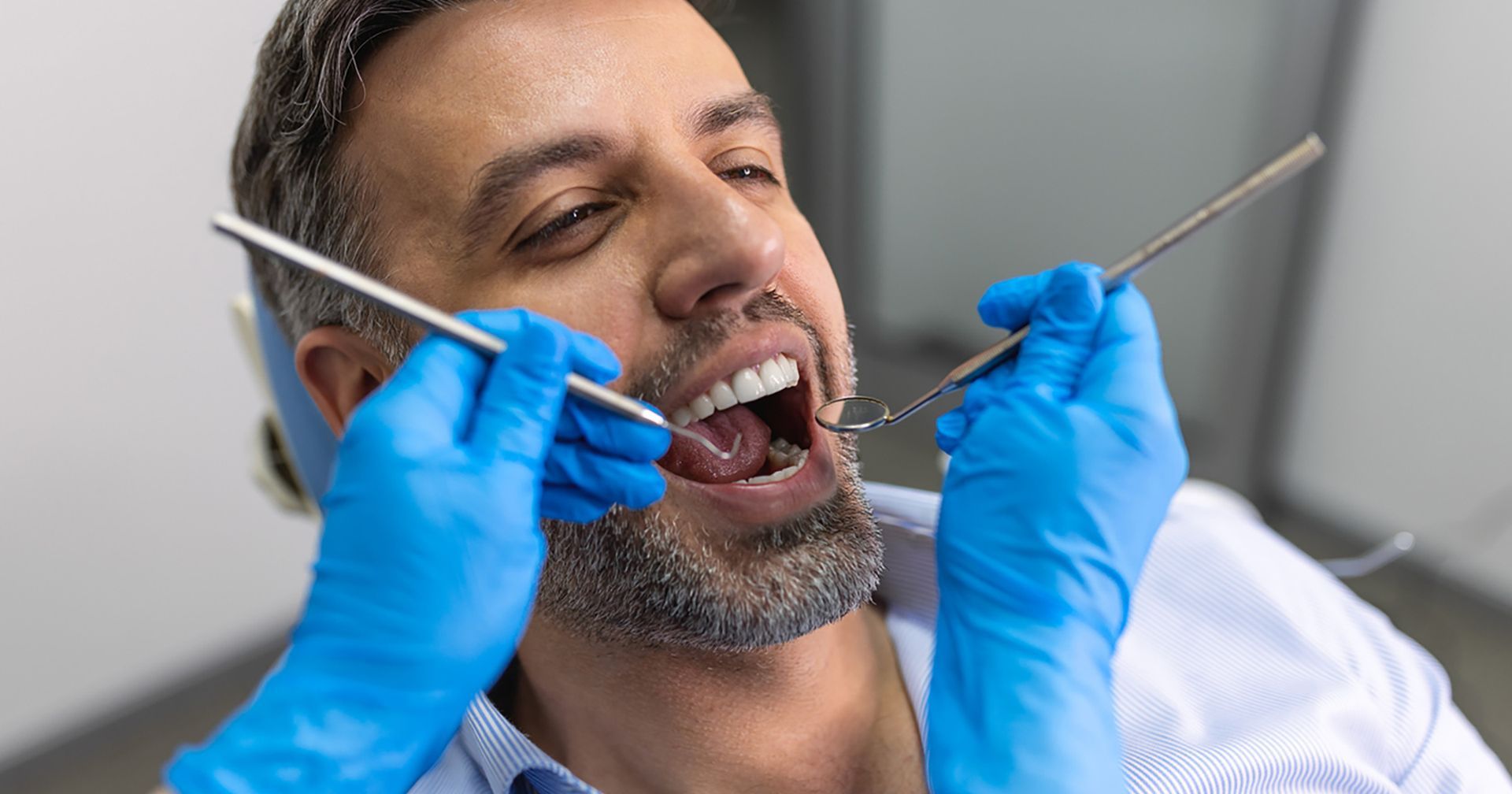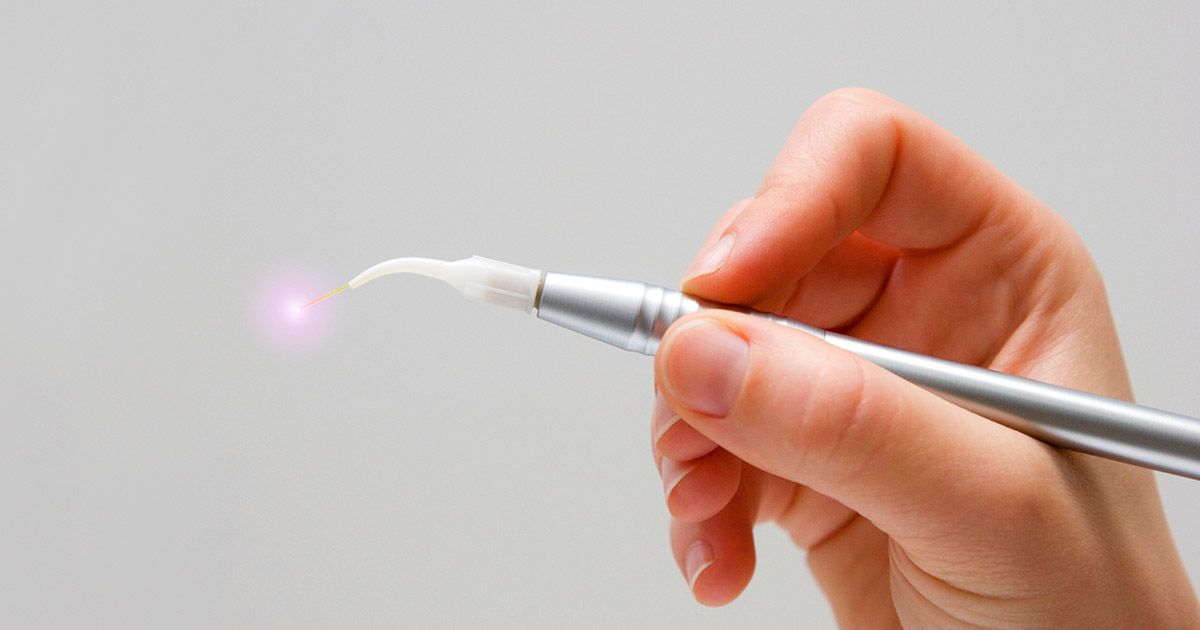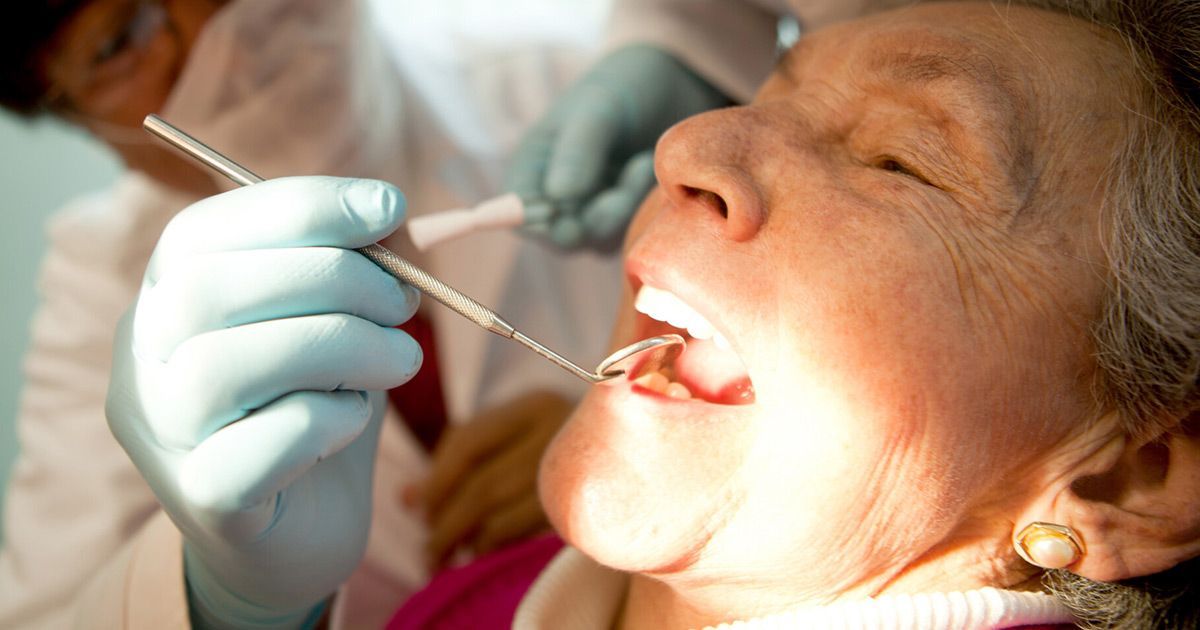Been a few years since your last dental appointment? It might be time to catch up. Here's the answer to your question: "How often should you go to the dentist?"
Out of the 85 percent of people who plan to have dental check-ups annually, only 58 percent actually see a dentist .
No wonder severe periodontal gum disease, stemming from plaque build-up around the gum line, is the 11th most prevalent condition in the world.
If you don’t want to be a statistic, you definitely need to brush and floss daily and do something about your oral health. Fortunately, regular scheduled visits to the dentist can help detect and manage early signs of dental problems and cavities.
So, how often should you visit the dentist?
Read on to find out.
What Happens During A Regular Dental Visit?
Modern-day dentists aim to prevent rather than fix dental problems. This is why it is important to visit your dentist regularly.
Even if you take excellent care of your teeth and gums with proper oral hygiene, professional cleanings by a dental hygienist can help prevent tooth decay, oral health problems, and keep teeth healthy. Visit your dentist at least every six months. These visits also allow the dentist or hygienist to identify dental issues, give advice on diagnosis or treatment. This will help unveil medical conditions or oral disease that might not be evident to you.
During your check-up the dentist will:
Ask about your medical history- Perform a thorough oral cleaning, addressing any plaque concerns
- Do a full oral exam
- Recommend a dental x-ray depending on your symptoms
- Discuss a dental care plan with you, including potential fillings if needed
While going to the dentist twice a year is the set standard, it isn’t applicable to everyone. There are groups of people that should make visits more often.
Some of these individuals include:
1. Pregnant Women
The increased level of hormones during pregnancy leads to pregnancy gingivitis . Patients with gingivitis experience red, inflamed, and bleeding gums.
If gingivitis isn’t treated on time, it can result in a gum disease referred to as periodontitis. Even worse is the fact that there’s a link between periodontitis and premature births .
You should have at least one oral checkup during your pregnancy. The best time to schedule such a visit is between the fourth and sixth month of your pregnancy.
During the second trimester, your child’s critical development will be complete. Further, gingivitis is more noticeable during this period. You’ll also find it more comfortable to sit on the dentist chair in this trimester.
If the dentist notices gum inflammation, he may recommend more frequent dental cleanings.
In addition to the dental visits, regular teeth cleaning and eating more wholesome foods will improve your oral health during pregnancy.
2. Smokers
If you smoke, you have a higher risk of developing gum disease, oral cancer, and tooth loss. Over 75 percent of people aged 50 and above who are diagnosed with oral cancer are or have been smokers.
Additionally, smoking causes teeth staining and bad breath. The tar and nicotine from tobacco results to yellow teeth.
Smoking also reduces saliva production. This leads to increased bacteria plaque, and eventually gum disease.
The most recommended action for smokers who want to improve their oral health is to quit smoking.
Regular dental visits help to inform smokers on the best ways to take care of their teeth. The dentist may recommend special toothpaste for smokers.
Regular checkups and full exams during the visits will detect all dental issues. The dentist may also connect you with organizations that can help you quit smoking.
3. Cancer Patients
About a third of all cancers result in oral complications, including infections, mouth sores, jaw pain, and a dry mouth.
Cancer weakens your immune system. Further, cancer treatments such as chemotherapy and radiation therapy can increase your susceptibility to oral infections.
Regular dental visits before, during, and after your cancer treatment can reduce the risk of these infections.
These visits will ensure there’s no permanent damage on your teeth and gums.
The dentist will also advise on ways to cope with dental issues such as mouth sores, dry mouth, jaw pain, infections, and sensitive gums as you continue with your cancer treatment.
4. Patients with Diabetics
Diabetes affects the body’s ability to process sugar. About 22 percent of diabetic patients suffer from periodontal disease. This is due to the body’s poor sugar control brought about by the diabetic condition.
Periodontal disease will make it even harder to control your blood sugar. It destroys the tissues and bones in your gums, which makes eating a problem.
Regular dental visits can help detect and prevent gum disease. Thus, help normalize your HbA1c levels.
5. Patients with Dental Work
If you have any dental work, your dentist might recommend follow-up visits. These visits allow the dentist to check if your dental procedure is progressing as expected.
Further, if there are any issues with any of your dental work, don’t wait until your next scheduled visit. Book an emergency dental visit immediately.
6. If You Notice Changes in Your Dental Health
Changes and discomforts in your mouth may signal the need for a dental visit.
Such issues might include:
Teeth sensitivity- Swollen gums
- Bleeding gums
- Tooth pain that lasts a few days
- Visible dark spots or white patches on your teeth
- Chipped teeth
Basically, if you feel any type of trauma to your mouth or teeth, see your dentist.
What to Do in Between the Dental Visits
Taking care of your teeth and gums isn’t the work of your dentist alone. You also have a part to play.
You can prevent many oral problems by doing the following:
- Using a fluoride toothpaste to brush your teeth after every meal
- Flossing daily
- Using mouthwash to disinfect your mouth
- Avoiding biting on hard items that can destroy your teeth or result in the need for fillings
So, How Often Should You Go to The Dentist?
The question of “how often should you go to the dentist” is dependent on a number of factors. These include your health, dentist advice, age, and risk factors.
Two visits every year should do if your oral health is in excellent condition, especially if you're considered low risk. However, if you’re at a higher risk of dental disease, we recommend more dentist appointments.
If you’re looking for a dentist in Columbia, Maryland or surrounding areas, look no further than Smile Savers Dentistry. We offer regular dental appointments and provide our dental treatments with your overall health in mind.
At Smile Savers Dentistry, we treat every patient as a friend. We also offer the best dental care using the latest technology.
Contact us today for that overdue dental checkup.




















